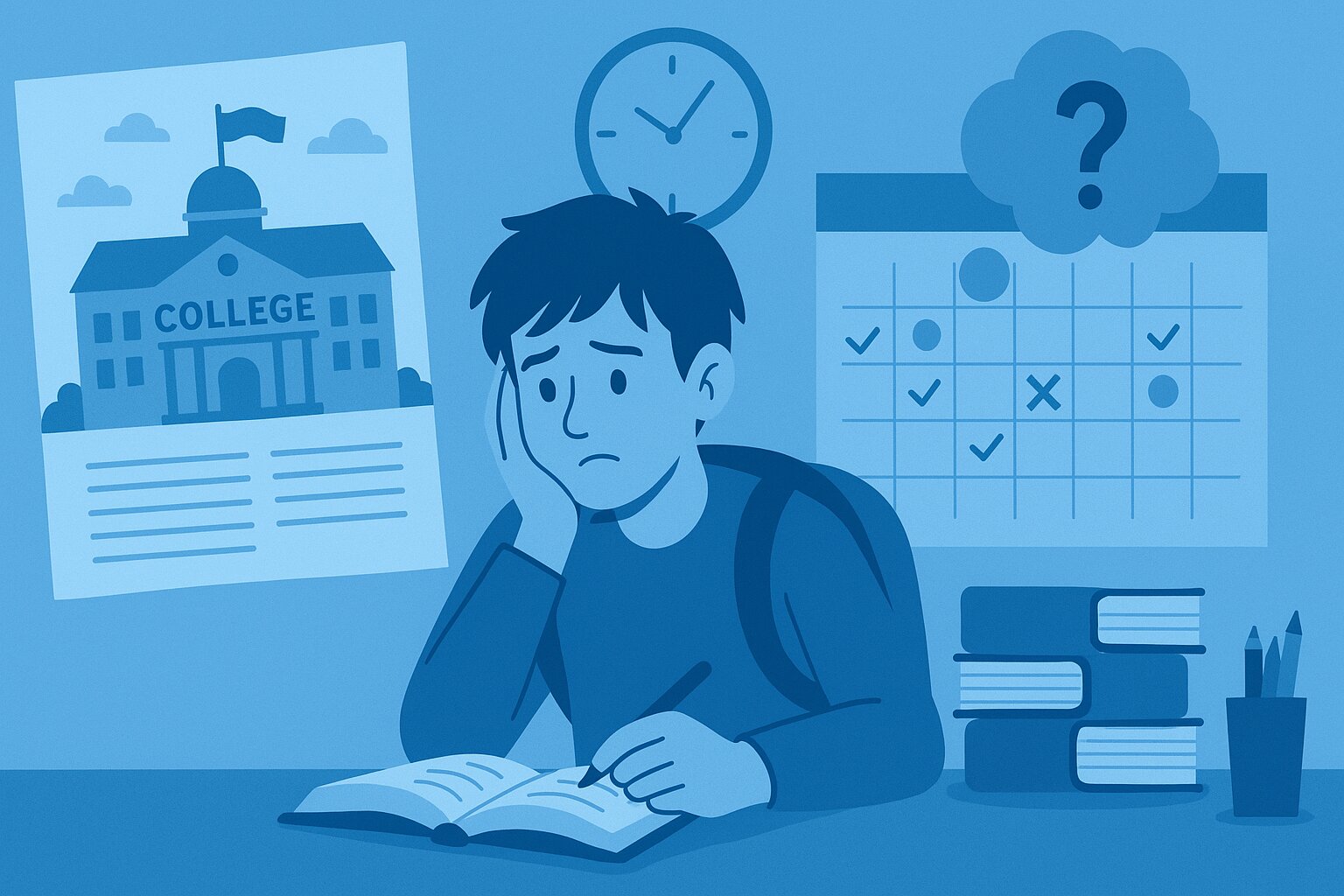When it comes to supporting adolescents with ADHD or other executive function challenges in their learning journey, it’s important for us to figure out the most efficient and effective methods to help them. A truly effective learning strategy goes beyond the duration of study sessions; it encompasses the approach and methodology applied. Explore how including rest when facing stress can increase study techniques:
It’s common knowledge in exercise science that if someone has a strenuous weightlifting session or runs a half marathon, their body would then need a period of rest in order for their muscles to grow stronger. What needs to be more well-known is that the brain works similarly. The same principles of exercise science can be applied to teaching students to study.
Stress: The Intensity of Focused Learning
Focused, intense study periods are crucial for deep learning, especially for students with ADHD. This focused time is when the brain processes new information, like a muscle being exercised. However, like muscles under strain, the brain also experiences stress during these intense learning periods.
On a scale from 1 to 10 (1 being essentially asleep, and 10 being intense hyper-focus), the goal is to focus on an assignment, project, or material at a 7 or 8. High-achieving students and parents often emphasize continuous, intense focus, sometimes overlooking the necessity of breaks. However, that constant stress on the brain can hinder learning effectiveness without adequate rest. So, after a study session, we want to return to a 2 or 3 before starting to study again or moving to a new task. We recommend taking a walk or engaging in another low-focus activity to let our brains rest and decompress. Unsurprisingly, our brains do not recharge by looking at our phones or scrolling through social media.
Rest: Allowing the Brain to Relax
Rest periods play a pivotal role in the learning process. Studies by the National Institutes of Health (NIH) shows that the brain utilizes short breaks to process and consolidate new information. These breaks provide a much-needed respite for the brain, allowing it to “catch its breath,” so to speak, and prepare for more learning.
However, students and parents may need to pay more attention to these rest periods in pursuing high achievement, not realizing they are crucial when we’re trying to embed learning into long-term memory. Not only does rest increase retention and engagement, but it also decreases burnout and anxiety.

Growth: Achieving Maximum Learning and Memory Retention
The optimal learning experience is achieved through a balance of focused study and rest. During rest periods, the brain assimilates the learned material, leading to better understanding and increased retention. This process is where the real growth in learning occurs. Neglecting the rest phase can stunt this growth, as the brain cannot fully process and store the new information. Instead of endless study sessions, we aim to focus intensely, relax, and let new material sink into long-term memory. Rest allows for more efficient learning as well as more freedom to do what we enjoy.
Balancing Focus and Rest for Effective Learning
The key to effective learning is balancing intense focus with adequate rest. While the stress of focused learning is necessary, it must be complemented with periods of relaxation for the brain.
This approach enhances the immediate learning experience and contributes to long-term memory retention and overall academic success. Parents and students striving for high achievement should recognize the importance of this balance to maximize learning outcomes.
As an educator, you work tirelessly to support your students’ growth and success. Thank you for all that you do. Let Untapped help your staff develop strategies to improve all students executive function skills.
For More:





